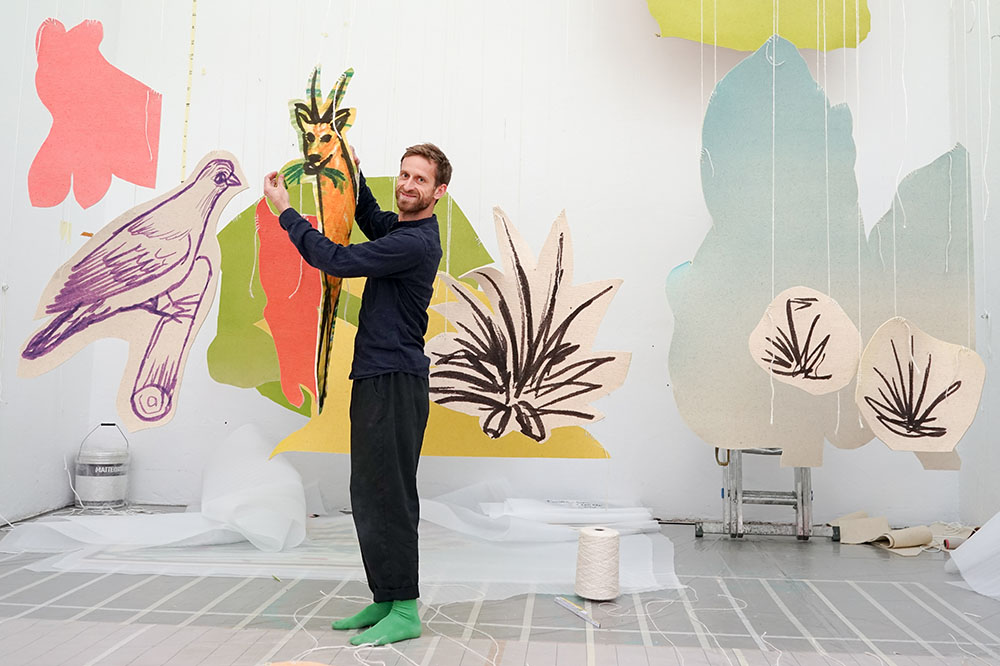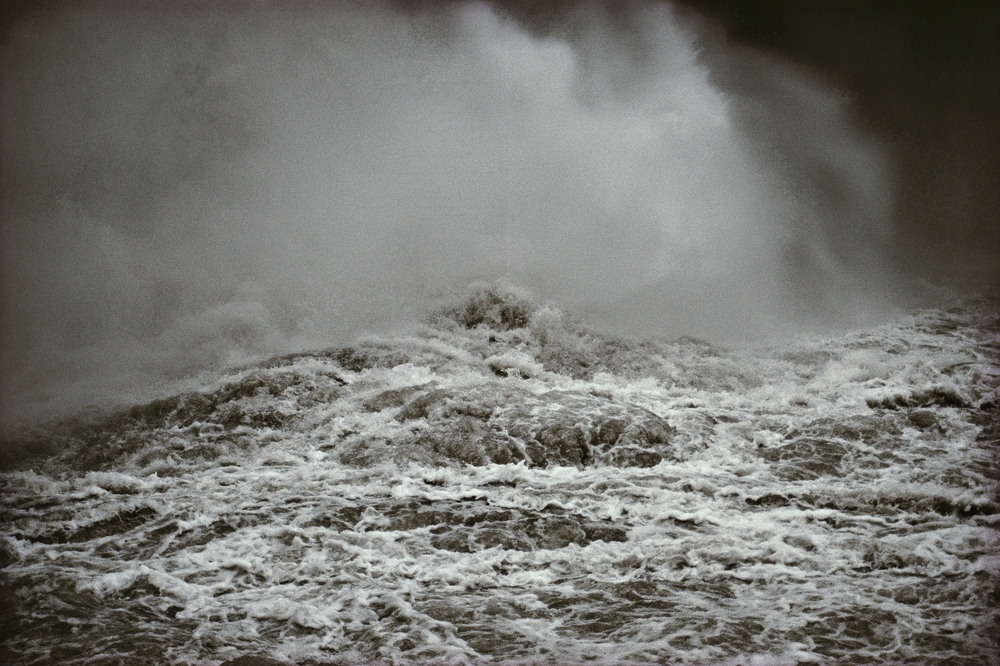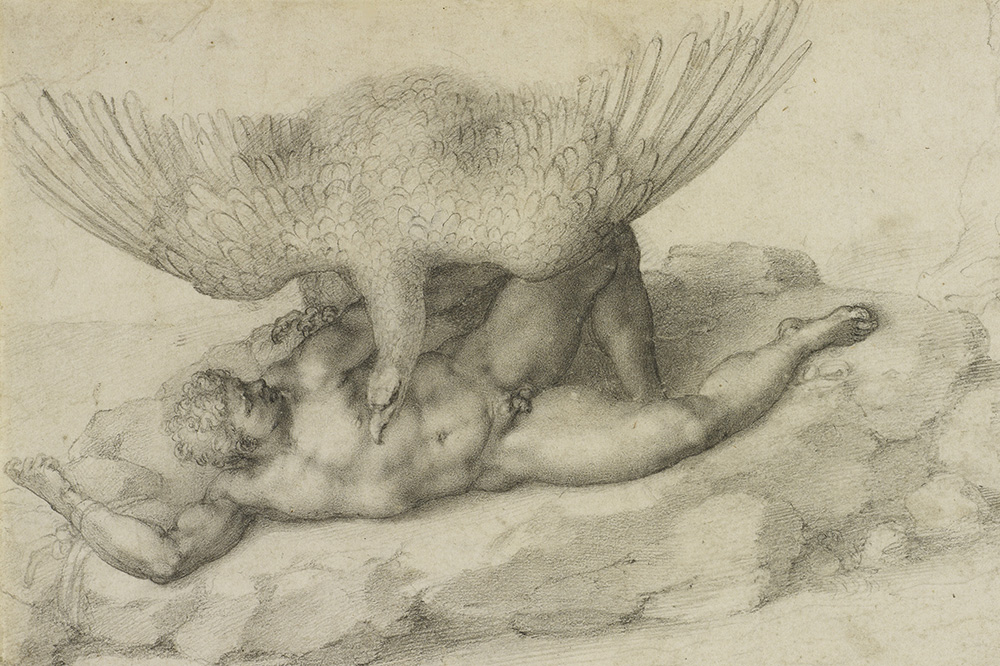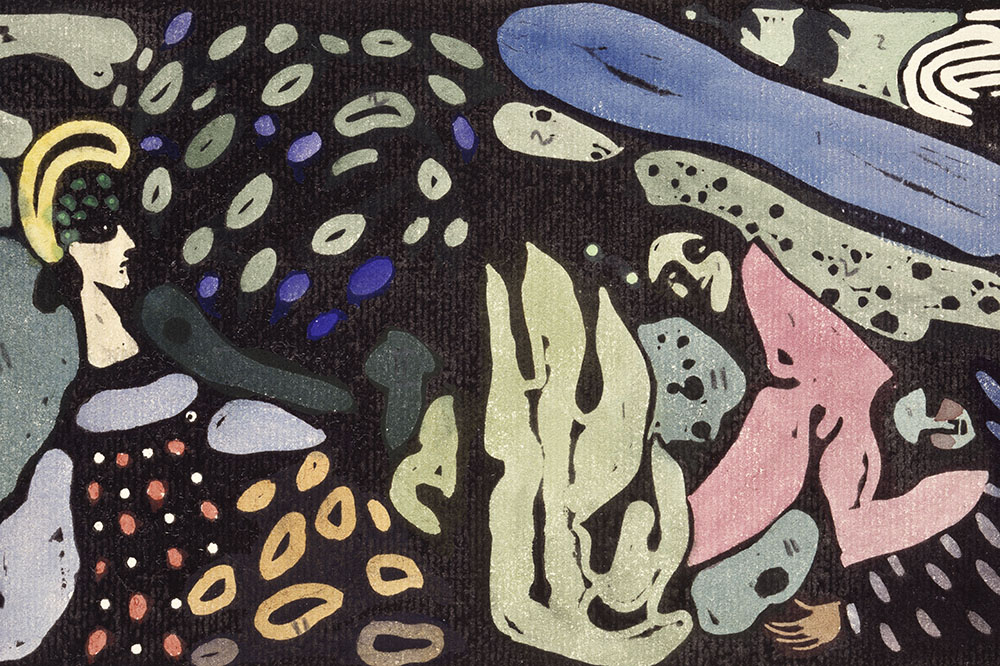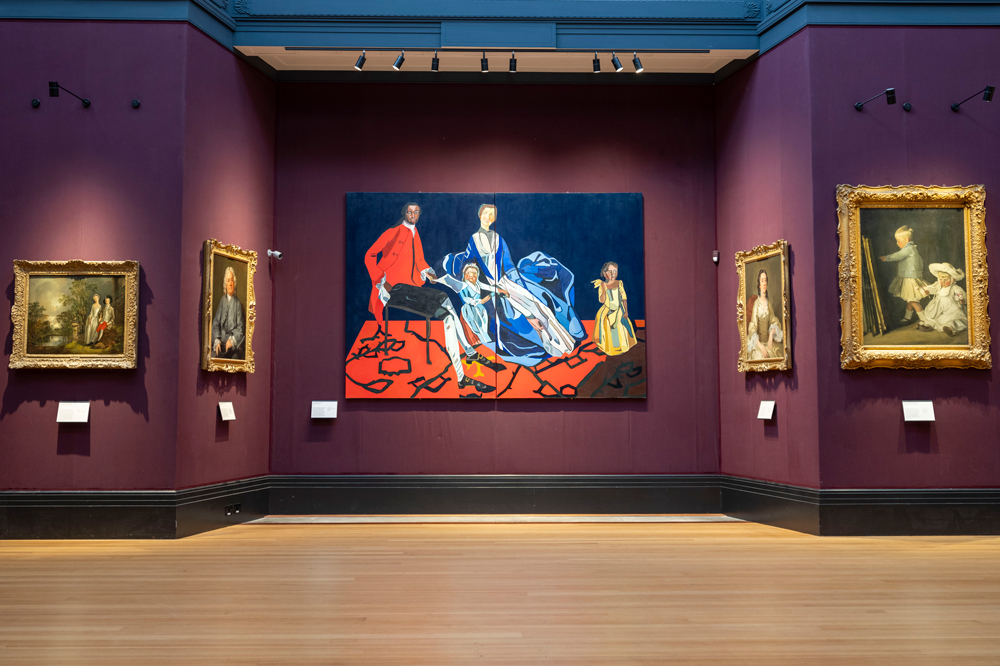On Monday the governor of the state of Florida, Ron DeSantis, signed the ‘Combating Public Disorder Act’ into law. Under the provisions of the new law any person who ‘willfully and maliciously’ damages a memorial or other historic property can be charged with a third-degree felony carrying a sentence of up to five years in prison. Actually toppling or destroying a monument will carry a punishment of up to 15 years in prison. The law, which is intended to curtail rioting, defines a memorial as anything that ‘honors or recounts the military service of any past or present’, as well as the ‘public service’ of any resident of the United States. A study of 2020 counted at least 54 Confederate memorials still standing in Florida. DeSantis said he was ‘taking an unapologetic stand for the rule of law and public safety’. The Florida chapter of the American Civil Liberties Union (ACLU) has called the law ‘racist, unconstitutional, and anti-democratic, plain and simple’.
Museums across Germany are to close from tomorrow, after the German Parliament voted for an ‘emergency brake’ earlier this week. The Art Newspaper reports that the vote supersedes a set of measures that have varied from state to state. Museums must now close if the average number of coronavirus cases over a seven-day period exceed 100 per 100,000 residents for three consecutive days. Non-essential retail, including commercial art galleries, will still be able to open if the rate is between 100 and 150 per 100,000, if visitors book time slots and have a negative coronavirus test from the past 24 hours. The director of Gallery Weekend Berlin, due to run from 30 April to 2 May, has said, ‘We are watching the incidence rate closely.’
State and federal officials from Maryland have confirmed the discovery of the site of the cabin where Harriet Tubman, the best-known conductor of the Underground Railroad, lived as a young adult. Historians have been searching for the cabin’s location for two decades, but it was the chance find of a coin dating from 1808, the year Tubman’s parents got married, that led archaeologists to confirming the location. The discovery was announced on Tuesday at the Harriet Tubman Underground Railroad Visitor Center. A fuller excavation of the site will take place in the summer and, eventually, it will become part of the Harriet Tubman Underground Railroad Byway, a 125-mile drive that includes more than 30 sites related to Tubman’s life and legacy.
The Peabody Essex Museum (PEM) in Salem, Massachusetts has appointed Lynda Roscoe Hartigan as its next director. Hartigan, who will be the museum’s first female director, has for the past year served as deputy director for collections and research at the Royal Ontario Museum in Toronto. She has a long-standing association with PEM, having served as its chief curator from 2003 until 2016 when she was promoted to deputy director and helped oversee the museum’s expansion in 2019. Hartigan has said in a statement: ‘I am passionate about ensuring that PEM welcomes all people to explore our shared humanity through the power of the arts and cultural expression.’
Unlimited access from just $16 every 3 months
Subscribe to get unlimited and exclusive access to the top art stories, interviews and exhibition reviews.

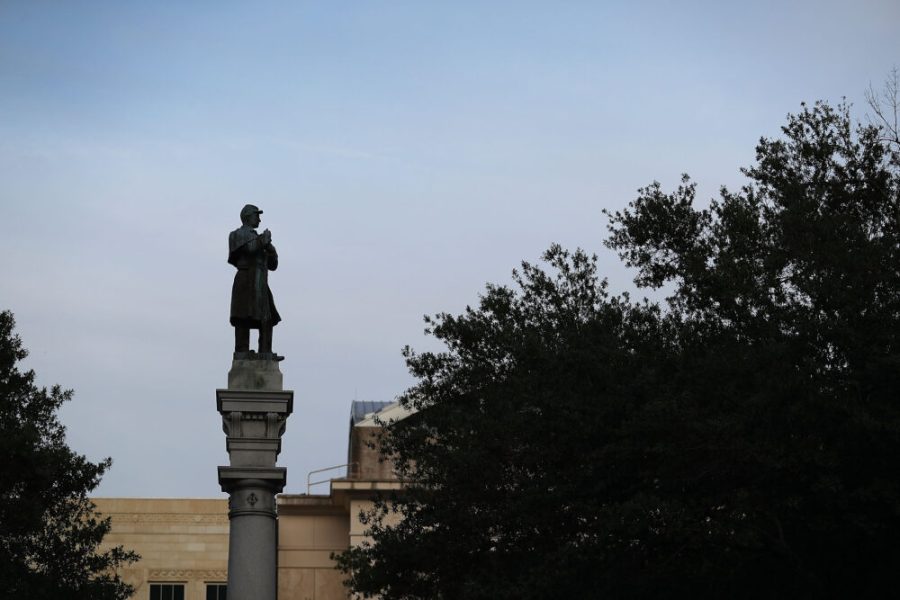
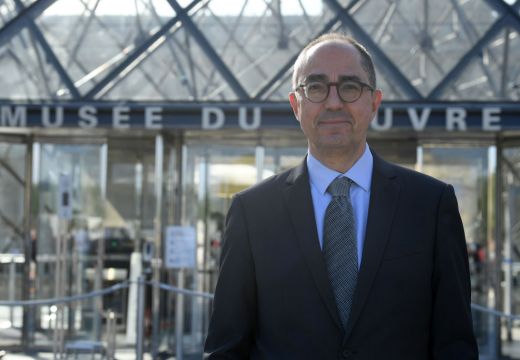

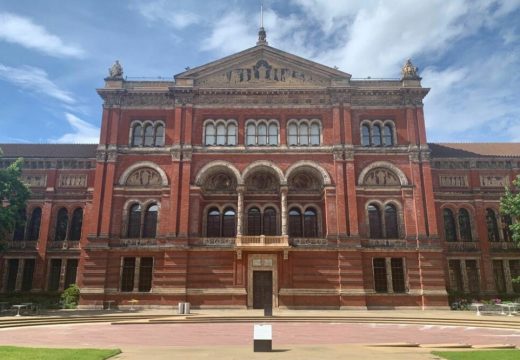
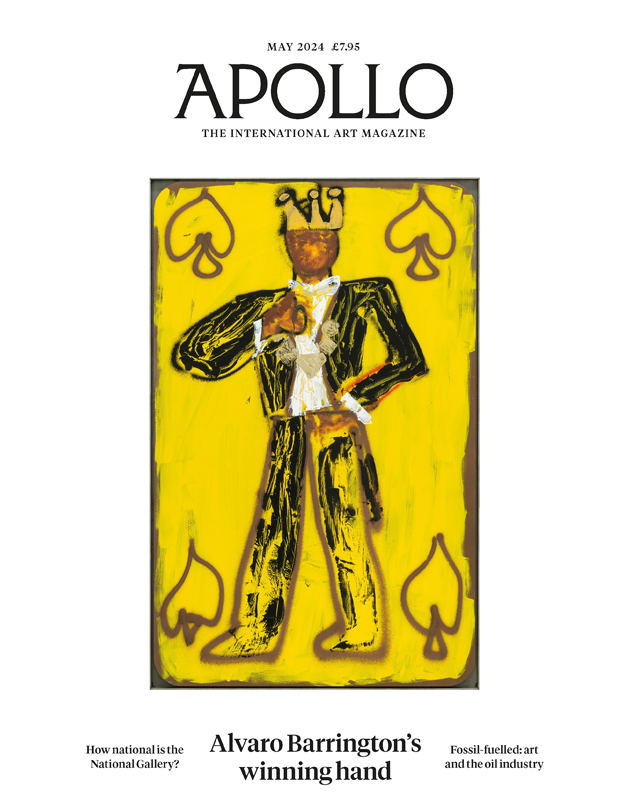


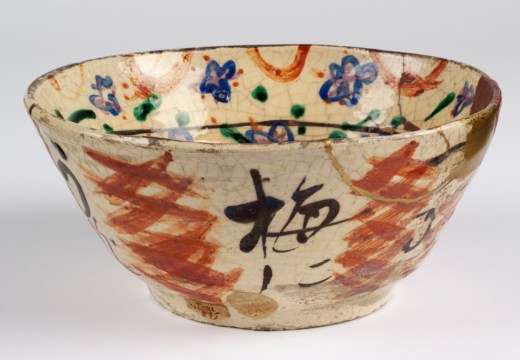





![Masterpiece [Re]discovery 2022. Photo: Ben Fisher Photography, courtesy of Masterpiece London](http://www.apollo-magazine.com/wp-content/uploads/2022/07/MPL2022_4263.jpg)
